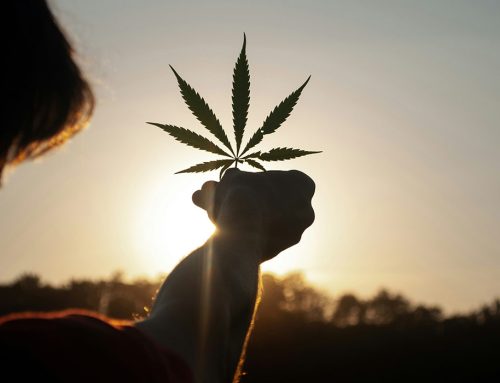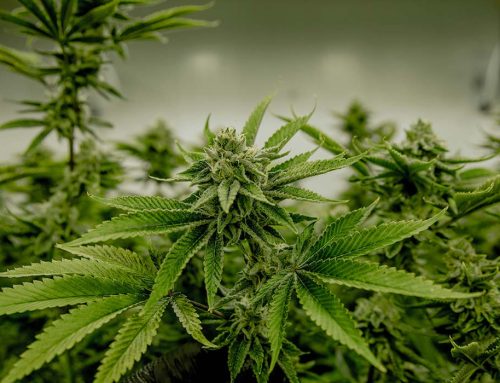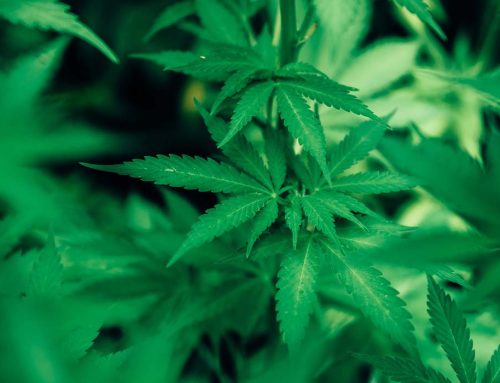St. Kitts and Nevis, a dual-island country in the Caribbean, will allow its adult residents to use marijuana in private within three months, following a court decision that found some of the nation’s anti-drug laws unconstitutional.
According to the decision of the Eastern Caribbean Supreme Court earlier this month, government officials will have 90 days to “remedy [these] constitutional defects” and make cannabis use legal for religious purposes.
A High Court judge Eddy Ventose ruled that certain aspects of the Drugs Act of 1986 regarding possession and cultivation of cannabis breach constitutional rights to religious freedom and privacy. Marijuana is classified as an illegal Schedule II substance in St. Kitts and Nevis.
“The decision that the court makes today is not to be taken as undermining the State’s legitimate interest in the war on illegal and dangerous drugs,” the judgement reads. “The constitutional issues in this case are narrow ones, and focus only on the use, possession and cultivation of cannabis by adults for use in the Rastafari religion and also the use, possession and cultivation of cannabis by adults in private for personal consumption. They do not touch or concern the issue of trafficking in cannabis, illegal drugs or other illegal activities.”
Infringing personal freedoms
The ruling was made in the case of Ras Sankofa Maccabbee, a Rastafarian charged in 2012 with marijuana possession with intent to sell and cultivation, who argued that the nation’s anti-cannabis laws had infringed on his right to “freedom of conscience, including freedom of thought and of religion”.
“The Claimant states that he uses cannabis each day when he gives ‘praises’ to the ‘creator’ and that cannabis is a natural God given plant and is used to nourish the spiritual values of Rastafarians”, the judge wrote. Maccabbee also said that “the use of cannabis is integral to his religious experience.”
The defendants – the police commissioner and the attorney general of the country – responded that the laws are in place to “safeguard the health and well-being of all citizens of Saint Christopher and Nevis, including Rastafarians.” They argued that they did not target Rastafarians but were “designed to have general application in the pursuit of public health, public order and public safety, the objectives of which can best be achieved by the blanket prohibition on possession, cultivation and dealing in marijuana.”
Justice Ventose responded that “that approach without adequate supporting evidence is impermissible and is constitutionally suspect.”
His ruling allows Rastafarians, as well as other adults, to possess, use and cultivate cannabis in the privacy of their homes. But in light of new cannabis legislation moving through the Parliament, known in St. Kitts and Nevis as the National Assembly, the judge gave the Attorney General three months to “to cure the defects in the Drugs Act” before these declarations become law.
The Cannabis Bill 2019, which had its first reading on May, 9, would not only legalize medical marijuana, but also allow possession of up to 15 grams of cannabis and the cultivation of up to five plants. The proposed legislation would also expunge prior convictions for similar amounts.
The bill follows an announcement from Prime Minister Timothy Harris that his cabinet would introduce cannabis legislation based on the unanimous recommendations from the National Marijuana Commission.
Harris noted that “the use of cannabis in public places will continue to be a serious offense and we will seek also to prohibit the sale or use of cannabis by persons under the age of 18 years old.”
He also called for the introduction of penalties for driving under the influence of marijuana and a public information campaign on the benefits and potential risks of cannabis use, particularly among young people.






